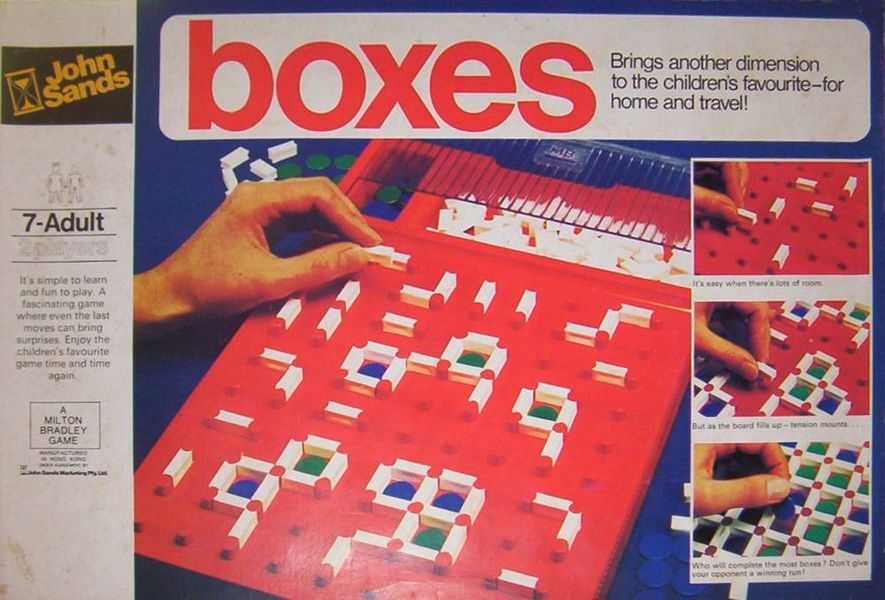Boxes (1889) Board Game
Boxes is a classic board game that was released in 1889 by designer Edouard Lucas. It is an abstract strategy game that has stood the test of time and continues to be enjoyed by players of all ages. The game involves strategic thinking and planning to outwit your opponent and claim victory.
Game Components
How To Setup
Setup involves placing the private companies alphabetically near the board, distributing starting capital to each player (¥420 for 2-4 players, ¥390 for 5-6 players), and determining seating and start player through random player order markers. Each player chooses a color of auction tokens and receives the Priority Deal marker if they are the start player.
Gameplay Mechanics and Game Objective
Player Experience
**Shikoku 1889** is praised for its relative ease of learning but acknowledged as very hard to master. The game involves significant arithmetic and strategic planning, including timing the purchase and sale of shares, upgrading tracks, and managing train obsolescence. Players must balance personal finances with company finances, as there is a strict separation between the two. The game also features indirect player interaction, allowing players to influence the stock market and disrupt competitors’ strategies.
Pros
Cons
Personal Thoughts on Shikoku 1889
**Shikoku 1889** is ideal for players who enjoy economic simulation games and are looking to dive into the *18xx* genre. It is particularly suited for those who appreciate strategic planning, arithmetic, and indirect player interaction. However, it may not be the best fit for players who are averse to complex rules or lengthy gameplay sessions. For new players, the game offers a variant that skips the private company draft, reducing initial complexity and playtime.
We are supported by our audience. When you purchase through links on our site, we may earn an affiliate commission, at no extra cost for you. Learn more.

